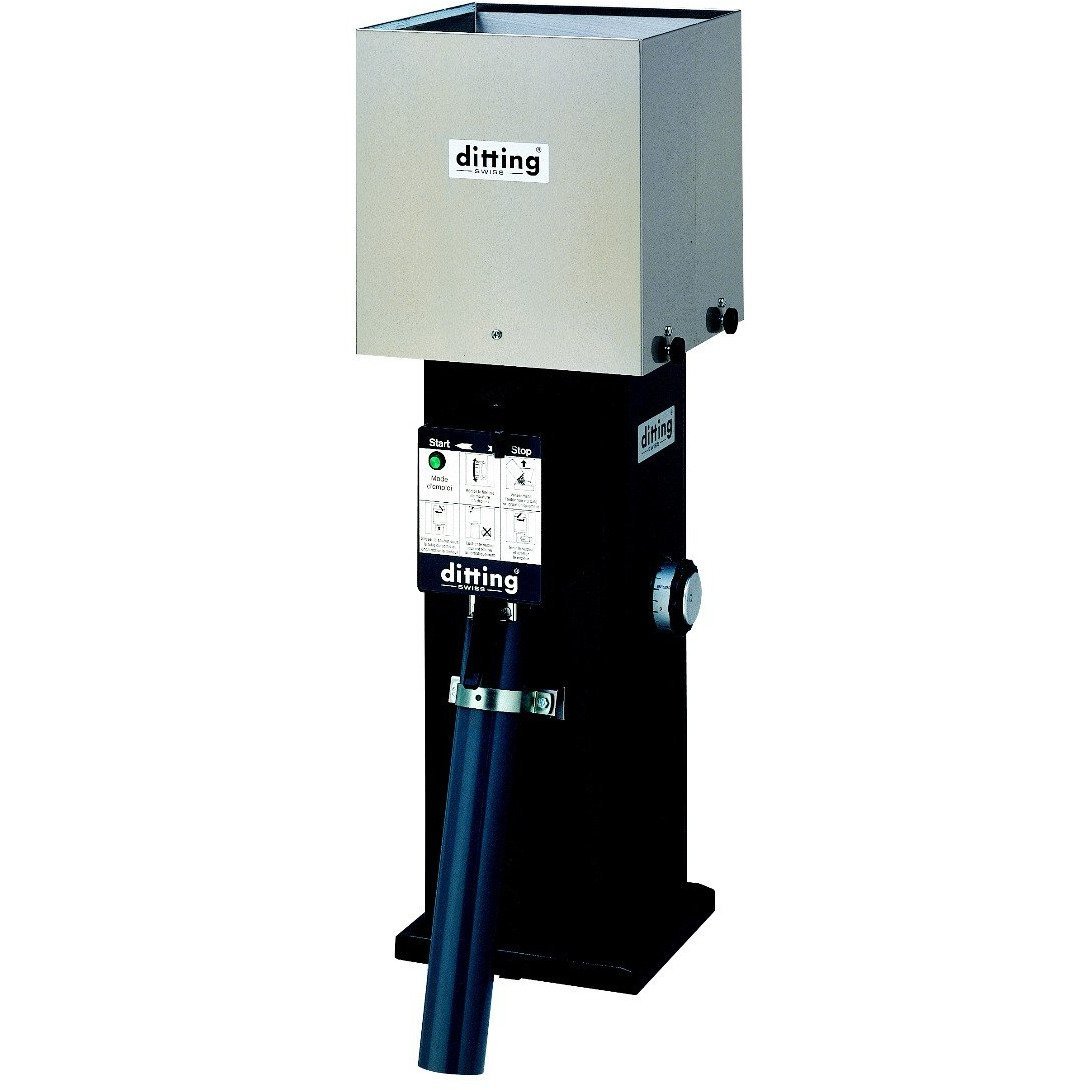Industrial Coffee Grinder: Choosing the Right Model for Your Requirements
Industrial Coffee Grinder: Choosing the Right Model for Your Requirements
Blog Article
Industrial Coffee Grinder Overview: Increase Effectiveness and Quality
In the competitive landscape of coffee production, picking the appropriate commercial coffee mill plays a critical duty in boosting both efficiency and product high quality. Comprehending the nuances of various mill types and essential functions-- such as adjustable grind setups and robust building and construction-- can significantly affect the final taste profile of the coffee.
Comprehending Mill Types
When selecting a commercial coffee mill, comprehending the various types offered is crucial for optimizing both flavor extraction and operational effectiveness. The 2 key kinds of mills are blade mills and burr mills.

Ultimately, selecting the ideal kind of mill is essential to keeping high quality and efficiency in coffee production, making it critical for companies to buy top quality burr grinders for optimum outcomes.
Trick Functions to Take Into Consideration
Picking a commercial coffee grinder requires careful factor to consider of numerous crucial functions that can substantially affect both efficiency and the total coffee experience. One of the key facets to evaluate is the grinding mechanism. Burr grinders are normally chosen over blade mills, as they give a consistent grind size, which is critical for optimal extraction and flavor.
Another important feature is the grinder's capacity. A functional mill with numerous setups enables you to tailor the grind size to various developing approaches, improving the coffee's taste profile.
Examine the grinder's sound level, specifically in a busy coffee shop or production setting, where extreme sound can be disruptive. Spending in a grinder that balances these functions can substantially enhance both operational effectiveness and the top quality of the coffee offered.
Optimizing Grinding Process
To accomplish the very best cause coffee prep work, optimizing the grinding process is essential. The grind dimension significantly affects removal, flavor, and total quality of the brewed coffee. Various brewing techniques need specific grind dimensions; for circumstances, espresso requires a fine work, while French press demands a coarse structure. Recognizing the partnership between grind size and developing approach check these guys out is the primary step in optimization.


In addition, keeping track of the grinding speed can enhance the procedure. Slower grinding commonly generates much less warm, protecting delicate tastes and fragrances. On the other hand, much faster grinding may generate extreme warmth, negatively influencing the coffee's high quality.
Maintenance and Care Tips
Appropriate maintenance and care of industrial coffee mills are vital for making certain optimal performance and durability. Normal cleaning is the foundation of upkeep; deposit build-up can influence flavor and grinding efficiency. It is a good idea to clean the grinder after each usage, cleaning down the exterior and removing any coffee premises from the burrs.
Additionally, inspect the grinding burrs for damage. Dull burrs can endanger grind uniformity, so they ought to be changed as needed. Industrial Coffee Grinder. Regularly adjusting the grinder is also vital, as this maintains the wanted grind size for numerous developing click resources approaches
Lubrication of relocating parts must be executed according to the producer's requirements, as this lowers rubbing and prolongs the life of the devices. It is vital to utilize food-grade lubricants to guarantee safety and security and compliance with wellness laws.
Last but not least, maintain the mill in a steady and dry atmosphere to avoid corrosion and rust. By adhering to these upkeep and treatment pointers, drivers can enhance the effectiveness of their industrial coffee grinders while making certain high-quality outcome and prolonged operational life.
Roi Analysis
Reviewing the roi (ROI) for industrial coffee mills is critical for organizations looking for to maximize their coffee production capabilities. An extensive ROI analysis assists figure out the financial viability of investing in premium mills, permitting organizations to consider the preliminary expenses against possible gains.
Evaluate the acquisition rate of the mill, consisting of installment and any type of required adjustments to existing facilities. High-performance grinders typically lead to decreased grinding time and increased throughput, which can substantially enhance efficiency.
Furthermore, consider the influence on item high quality. Industrial Coffee Grinder. Superior mills yield a more consistent grind dimension, which can boost flavor profiles and client fulfillment, inevitably driving sales. By increasing the high quality of the end product, services can warrant greater pricing, bring about boosted income
Final Thought
In recap, an industrial coffee grinder plays a pivotal function in improving both performance and product top quality within coffee manufacturing. By selecting high-quality burr mills geared up with essential functions such as adjustable work setups and resilient building and construction, services can guarantee optimal taste extraction. Normal maintenance is important for maintaining mill efficiency and making best use of consumer complete satisfaction. Inevitably, the calculated financial investment in a reliable mill contributes substantially to enhanced profits and competition in the coffee sector.
In the competitive landscape of coffee production, choosing the best industrial coffee mill plays a crucial duty in improving both effectiveness and product quality. The 2 key kinds of mills are blade mills and burr mills. Within the burr grinder category, there are level burr mills and conical burr grinders, each with its benefits. Burr mills are typically preferred over blade mills, as they supply a consistent grind dimension, which is vital for ideal extraction and taste.
In recap, a commercial coffee grinder plays find more info a critical role in boosting both effectiveness and item top quality within coffee production.
Report this page